Do you like to get your hands dirty in the soil? Do you enjoy working outside with plants and trees? Starting a landscaping business is a great way to do what you love and make money doing it. Before you get started, though, let’s look at the steps you need to take to start your landscaping business before exploring subcontractor bidding sites for work.
What do you need to start a landscaping business?
Starting a landscaping business involves several key steps. First and foremost, you need to create a comprehensive business plan that outlines your objectives, target market, and financial projections. You must also address legal requirements, which include business registration and selecting a suitable legal structure, such as an LLC or sole proprietorship, while obtaining any necessary permits or licenses.
Choosing a unique and appropriate business name is essential, and securing the right insurance coverage is critical. This typically includes general liability and worker’s compensation insurance for protection. In terms of equipment, you’ll need various tools and machinery, including lawnmowers, trimmers, trucks, as well as essential hand tools and safety gear.
Transportation is another consideration, as you’ll require a reliable vehicle for moving your equipment to job sites. Managing your finances involves setting up a separate business bank account and implementing accounting software for efficient financial management. To attract clients, it’s vital to develop a marketing strategy that includes establishing a professional online presence, creating a website, maintaining an active social media presence, and producing advertising materials.
Furthermore, you need to define the specific landscaping services you’ll offer, whether it’s lawn care, landscape design, tree maintenance, or other specialties. Contracts for clients, staffing decisions, and networking with contractors, suppliers, and industry professionals are also essential aspects of launching your landscaping business. You’ll need to establish a location for your operations, which could be your home or a dedicated office space, and develop a sound financial plan, including securing initial funding if necessary and setting up a budget to ensure the success of your business.
1. Decide what services you’ll provide
One of the first decisions you need to make is whether you will focus on residential or commercial properties. While the work itself is pretty much the same, where you look to find customers is different, and you don’t want to split your marketing efforts when you’re just starting out. Residential landscaping tends to be smaller in scope and size and is a great way to get started in the landscaping industry. Commercial landscaping projects tend to be larger and will require more workers and equipment.
Next, you’ll need to decide what types of lawn care service you will provide to the client. There are a wide variety of services that landscaping businesses can provide:
- Lawn mowing and maintenance
- Lawn landscape design and landscape architecture
- Tree and shrub pruning and removal
- Irrigation
- Fertilizing
- Planting sod and lawns
- Planting flowers, trees, and bushes
- Constructing decks, patios, and walkways
Every lawn service you choose to provide will influence the amount and types of landscaping tools and equipment you’ll need to purchase (which we’ll discuss in a bit). In addition, they may also determine whether you need to be licensed or not. For example, in Oregon, lawn mowing and maintenance companies do not need to be licensed with the state. However, a landscaping service doing planting, irrigation, and design work needs to have a business license with the state Landscaping Contractors Board.
2. Legal stuff
When you are ready to begin your business, there are several things you need to do legally to set it up.
First, you must select a name for your lawn care company. In most cases, if you work under your personal name, you don’t have to file any paperwork with the state. But if you will be working under a business name other than your personal name, you’ll need to register with the Secretary of State or business registration office.
Next, you’ll decide what type of company to start. You can choose from sole proprietorship, S corporation, C corporation, limited liability company, or a partnership. It’s best to consult with an attorney or a CPA to determine the best structure for your business.
Once you’ve selected your business name and company type, you’ll need to apply for a federal tax ID number. You’ll use this number when applying for a bank account and when hiring employees. You apply for this number through the IRS website.
You’ll want to open a separate bank account for your business. Shop around for the best deal from local banks and credit unions. If you don’t find a good fit for your landscaping business plan, you can also search the internet for digital banks that have no brick-and-mortar locations. These digital banks often have more favorable terms than traditional brick-and-mortar institutions.
As a business owner, you’ll need to track your business finances separately from your personal finances. Business accounting software can help you keep your records straight. There are many free or low-cost options available online, and many come with features like payroll and credit card payment processing.
In some states, landscaping companies need to be licensed as construction contractors. If your company needs to be licensed, you’ll need to complete an application and provide proof of the necessary insurance and bonding. Some states require you to complete mandatory education before applying for your license.
Whether you need to be licensed or not, it pays to purchase business insurance for your contracting company. The two most popular types of coverage include business general liability and workers compensation. If you’re using a truck or other vehicle for your business, you’ll need commercial auto insurance. You may also want to purchase additional umbrella coverage for extra protection.
3. Purchase or rent equipment
While you can theoretically start a landscaping company with just a lawn mower, you’ll probably find that you need more equipment and tools to perform the landscaping job. You’ll also need a truck and trailer to haul all your equipment from job to job. How much you spend on this equipment depends on your initial budget for starting the company. Remember, you can always upgrade your equipment after you’ve started making money.
Choosing to rent or lease equipment is a great way to save money on startup expenses. As your small business grows, you can always transition to purchasing your equipment.
Here’s a list of potential equipment and tools you may want to invest in:
- Truck and trailer
- Push and riding lawnmowers
- Trimmer
- Edger
- Leaf blower
- Garden hose
- Lawn bags
- Rake
- Spade
- Shovel
- Hoe
- Shears/clippers
- Saw
- Personal protective equipment (gloves, earmuffs, face shield, etc.)
4. Marketing
When you are ready to begin offering landscaping services, you can start marketing and advertising your business. There are many ways to get the word out to potential customers.
These days an online presence is a requirement for most businesses. For a small fee,x you can purchase a website domain (the website address of your company), and there are free options for designing your site. You could also hire someone to create a website for you. Social media is a great way to spread the word about your company.
You can also use more traditional methods for marketing your company, including printing flyers and going door-to-door. These low-tech options are easy to implement and will make your company stand out from the rest.
5. Find jobs
If your new business offers commercial landscaping services, including irrigation systems and new plantings, you may want to offer your services to general contractors working on construction projects. There are a few special tools you can use to help you reach out to these contractors and find out about upcoming projects.
Construction project lead sites, like PlanHub, are a great way to discover projects looking for landscaping contractors. You can use the site’s robust search tool to look for the specific type of work you want to perform and find projects that include that work. You can also receive direct invitations to bid on specific projects from general contractors bidding the work.
Networking is another great way to connect with general contractors and project owners. You can increase your networking opportunities by attending local events, getting involved in community projects, and meeting with contractors and owners.
Builders’ exchanges and contractor associations are another great way to get project leads. These organizations post projects to bid and help contractors find work. There are other benefits to joining these associations, making them a worthwhile investment.
The key to success
The key to business plan success is to keep a pipeline of new work. In order to do this, you must always be marketing and searching for new projects and potential clients. Construction bidding websites like PlanHub can help you get the work you need to keep your employees busy and keep the money flowing. For a demonstration of how PlanHub can help you find new construction projects, contact us today.
Remember, success in landscaping entrepreneurship requires dedication, ongoing learning, and adaptability to industry trends. With determination and a commitment to delivering outstanding results, you can build a thriving landscaping business and create breathtaking outdoor spaces for your clients to enjoy.




